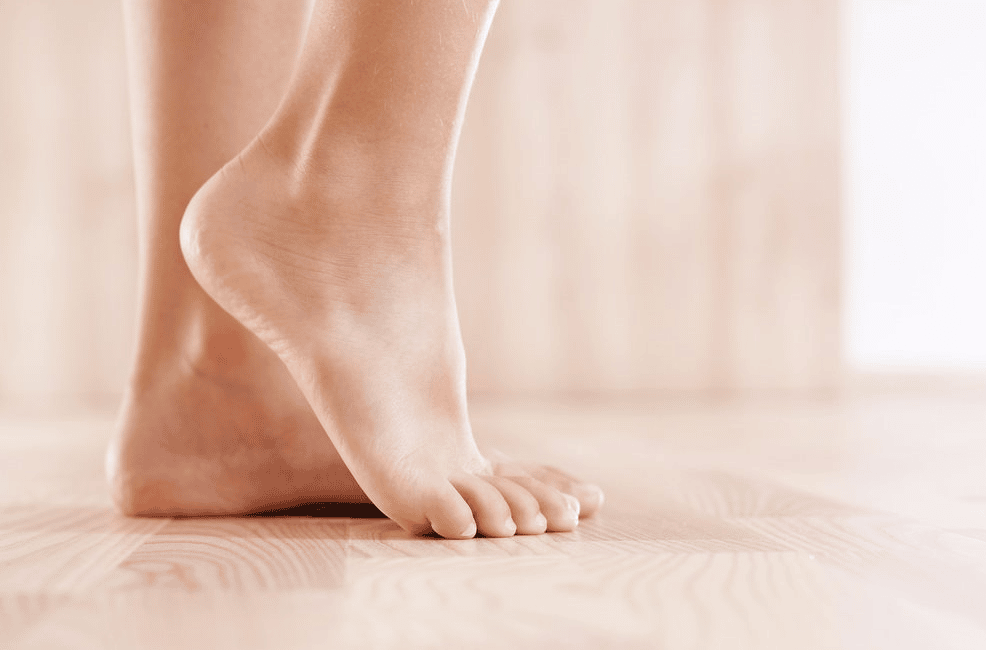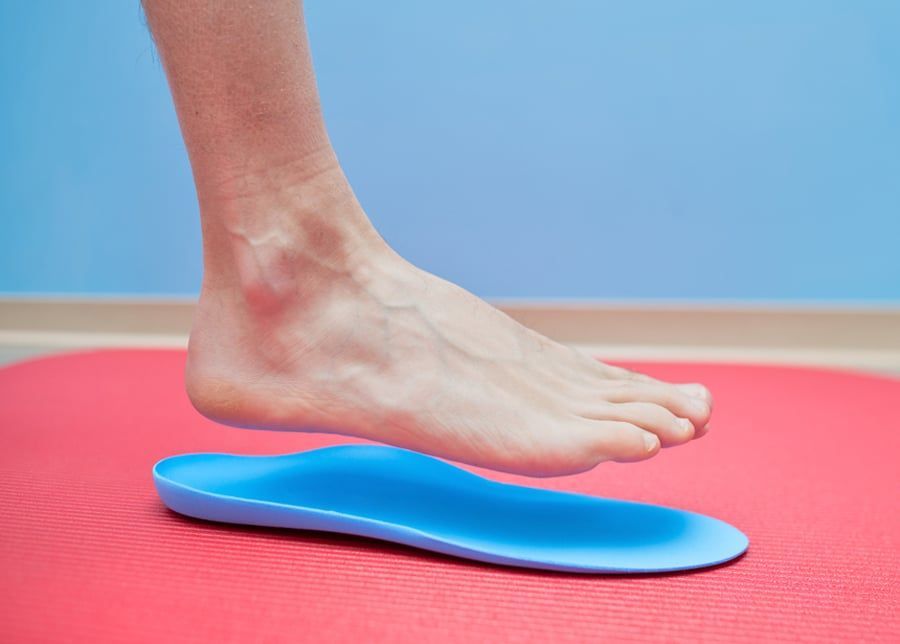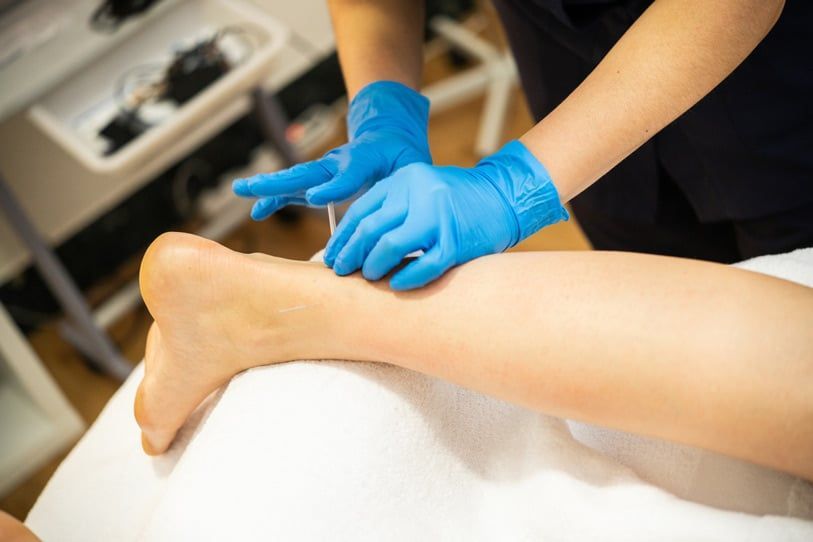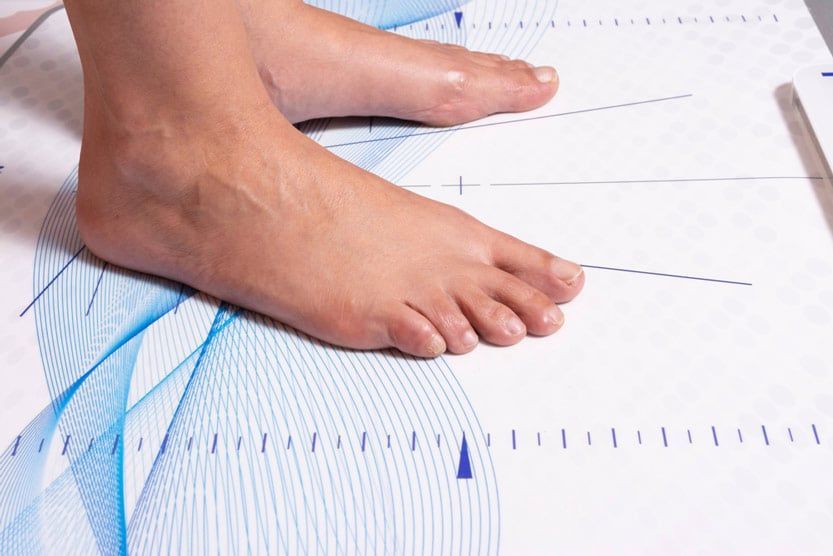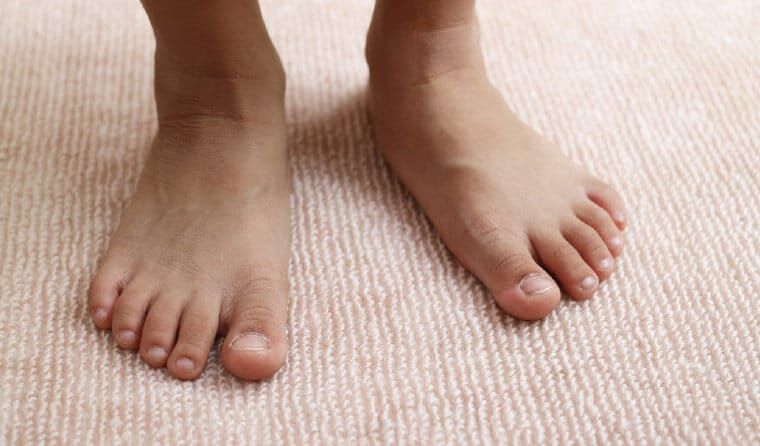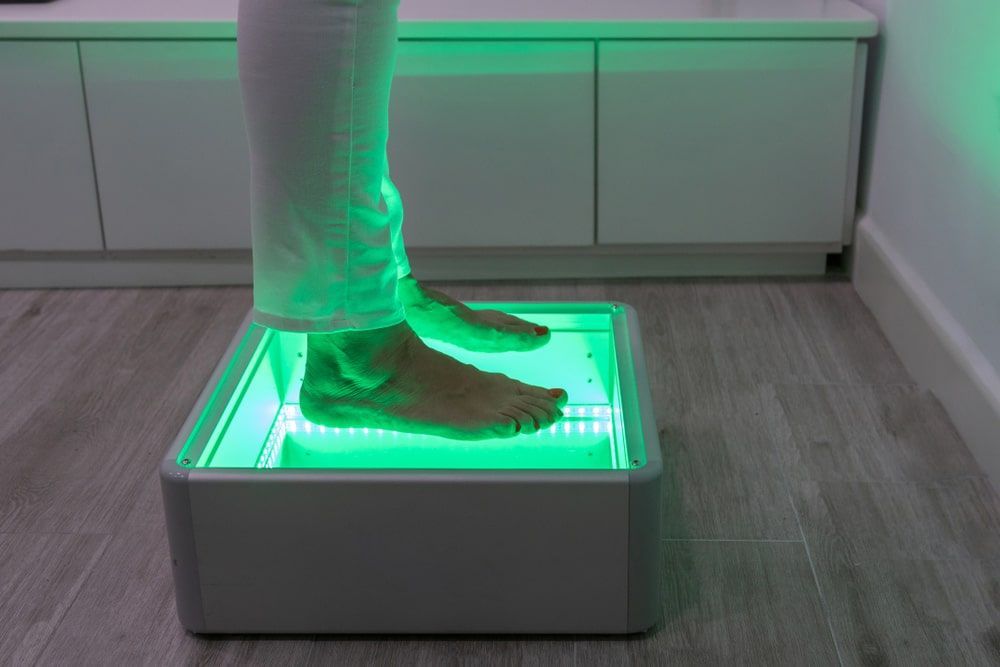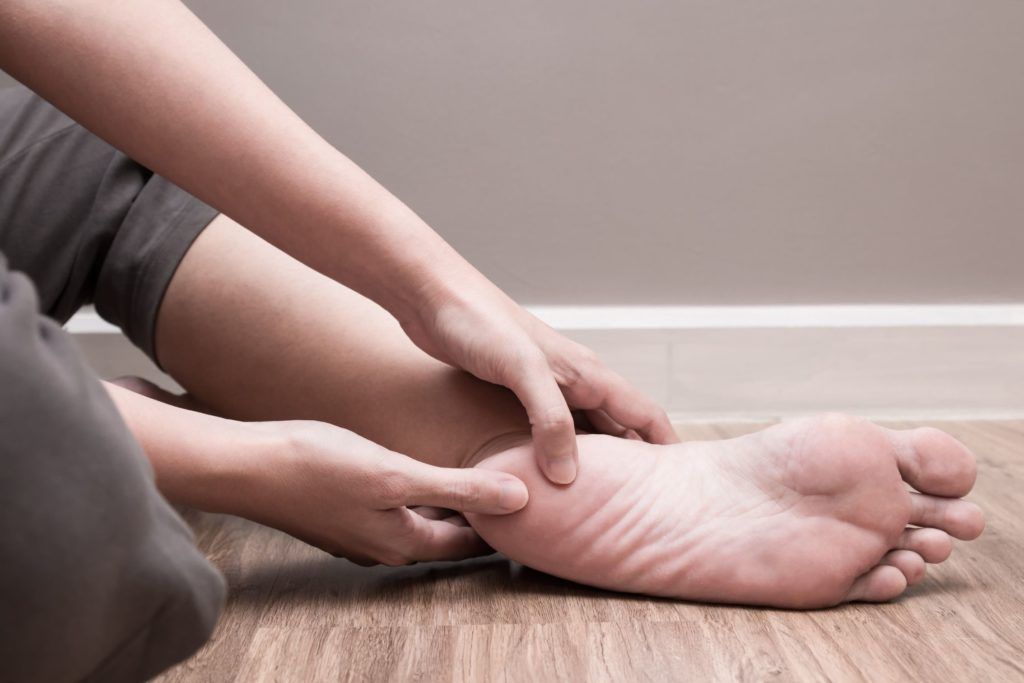How Diabetes Can Affect Your Feet
Table of Contents
Each day, approximately 280 people in Australia develop diabetes. That is around one person every five minutes!
Diabetes can affect your feet in several ways and leads to a higher risk of developing complications such as nerve damage (neuropathy) and reduced blood flow (circulation). Nerve damage may reduce your ability to feel pain and recognise if an injury has occurred. It can also cause your feet to feel numb or tingly. Poor blood flow can slow the healing of cuts and sores, increasing the chance of these becoming infected.
What to look for
Feet are commonly the first place to show diabetes related complications. Check your feet daily for cuts, bruises, blisters, any changes to skin colour or nails, hard or broken skin. If you have difficulty reaching or seeing your feet, try using a mirror or ask a family member to help. See a professional if you notice any of these changes or are experiencing foot pain.
Healthy feet tips
- Make sure your feet are clean and dry, including in between your toes.
- Keep your nails trimmed short. If you have difficulty doing this or are prone to your nails ingrowing, see a podiatrist.
- Check your feet each day to look for any changes.
- Wear shoes that are well-fitting and can be secured to your foot.
- See a podiatrist regularly.
Diabetes affects the whole body, including the feet. A diabetes assessment should be performed every 6-12 months by your podiatrist in most cases. Our experienced podiatrists will be able to provide you with education about managing any current issues and preventing long-term complications.
Contact Swan Podiatry
Call Swan Podiatry and Orthotics today if you need any further information or would like to make an appointment.
Cable Mills
Cable Mills is the Senior Podiatrist at Swan Podiatry and Orthotics in Darwin.
He studied Podiatry at Charles Stuart University and has worked in busy podiatry practices in Darwin and Melbourne since graduating in 2011. He has a passion for sport and biomechanics and finds it rewarding to be able to make a difference to people’s lives.
Cable opened the first practice of Swan Podiatry and Orthotics at the beginning of 2016. His areas of expertise are sports injuries, orthotic therapy, general treatment, nail surgery, fracture management and diabetic care.



